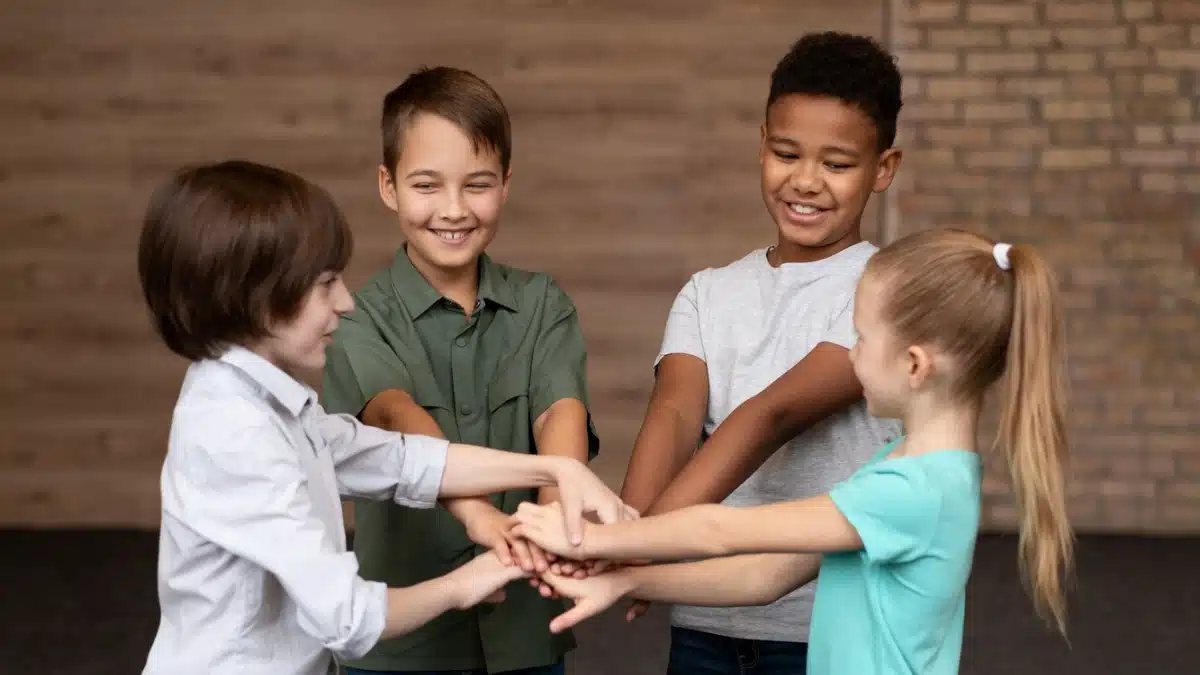To build lasting and meaningful relationships throughout life, there is need to have friendship skills. These abilities help individuals link with others, create trust and move confidently in discussions.
This complete guide will explain the importance of friendship skills and ways to acquire them and offers some practical tips on how to improve your social life. Whether you want to strengthen existing friendships or make new ones, these techniques will aid in making your connections stronger.
What are Friendship Skills?
Understanding Friendship Skills
Friendship skills incorporate a variety of interpersonal competencies enabling people develop good relationships that can be maintained over time. They include such things as good communication, empathy, active listening conflict resolution as well as supportiveness and encouragement abilities.
To establish lifelong friendships based on mutual respect and understanding it is imperative to nurture these traits within ourselves. With these aptitudes developed individuals can have more confidence during social interactions that result into better relationship strengths.
The Relevance of Friendship Abilities
Having good friendship abilities is an important aspect of emotional well-being and general life satisfaction. Good friends offer encouragement, mutual sharing of both our pleasantry and pain, as well as contributing to a sense of identity. Cultivating these skills enriches your social life, enhances your self-respect and helps you better handle yourself socially.
Mental health in turn is also promoted by strong friendship skills through offering emotional support and reducing the feeling of loneliness that begets depression. By developing these skills, one can create a support network full of significant relationships.
Strong Friendship Skills are Beneficial for the Following Reasons
Emotional Support
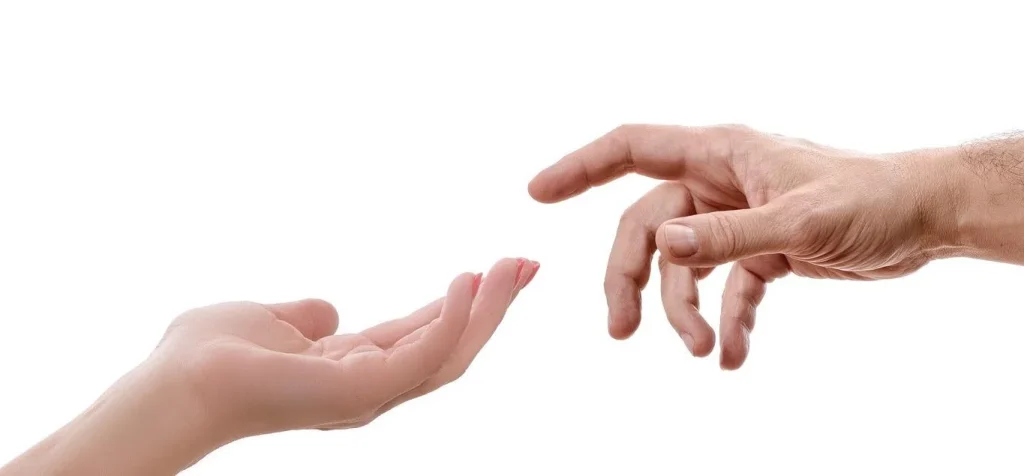
One benefit of having fine friendship skills is the emotional backing you get from friends. Great friends empathize with us, provide us with soothing words during trying moments. Such support may assist an individual to mitigate stress levels thereby increasing resilience hence making it easy to deal with challenges one encounters in life.
Having someone you can share your experiences with makes you feel more known rather than being alone which is essential in preserving mental as well as emotional wellness.
Better Communication
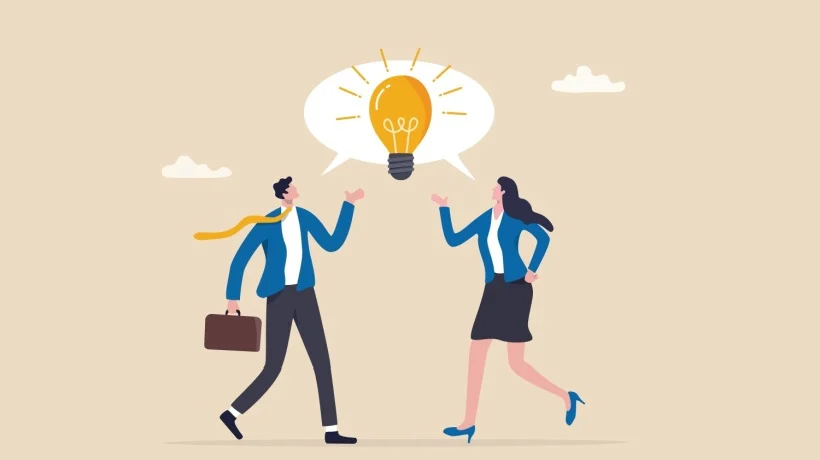
Enhanced communication should result from developing friendship abilities. It is also necessary to understand and react to the feelings and perspectives of others in order to be an effective communicator. This leads to more profound discussions, which in turn serve to solidify the bond between friends.
Additionally, better communication allows people to solve issues or disagreements faster making their relationships healthier and more supportive.
Greater Empathy
Empathy can be developed by improving friendship abalities; a situation where an individual can identify or share another person’s emotions. Empathy is fundamental for creating resilient affiliations that are compassionate in nature. It helps individuals relate at a much deeper level thus promoting trust as well as mutual respect.
Building empathy enables you not only know your friends’ needs and feelings but also provide them with better support hence strengthening your bond of friendship even more.
Broadening Your Social Circle

Acquiring friendship skills can broaden one’s social network. The ability to easily connect with others and maintain positive relationships can lead to a larger group of friends and acquaintances. Hence, the much broader social network can offer more possibilities in terms of social interactions, support, and personal development.
Building strong friendship skills therefore becomes important as through this an individual is able to enhance his or her social life by creating a diverse, supportive community around him or her.
10 Essential Tips on How to Develop Friendship Skills
Engage in Active Listening
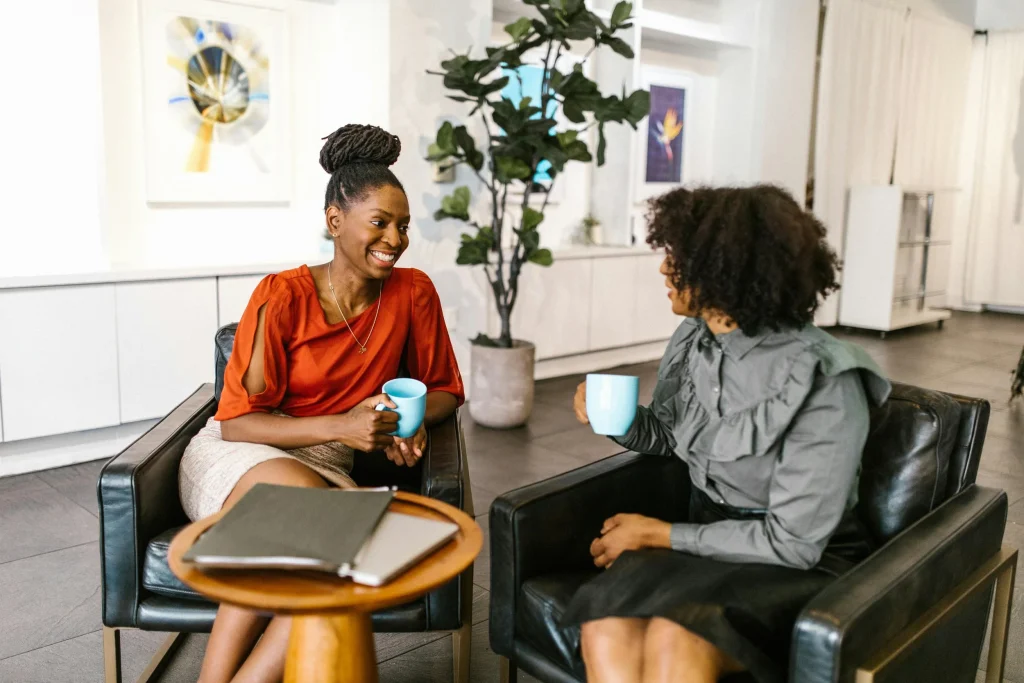
Active listening is a basic friendship skill. It involves fully paying attention to what another person is saying rather than just hearing them passively. Indicate that you are listening through maintaining eye contact, nodding your head, and giving verbal affirmations.
This means that you value their thoughts and feelings which can strengthen your relationship with them even further. You show respect for your friend’s point of view when you listen actively.
Sympathy Expressed Empathy means understanding and sharing the emotions of others. Learn how to take your friend’s position and understand his or her perspective. Empathize by recognizing their feelings and offering assistance when necessary.
Flawless Explanation
Healthy friendships rely on clear communication. Be open about your thoughts and feelings with others while maintaining respect for them all times. In case of any doubt, never make assumptions but keep tuning to what others might say in response to your claims
By speaking clearly, you can establish trust and friendship in your relationship with others.
Be Dependable
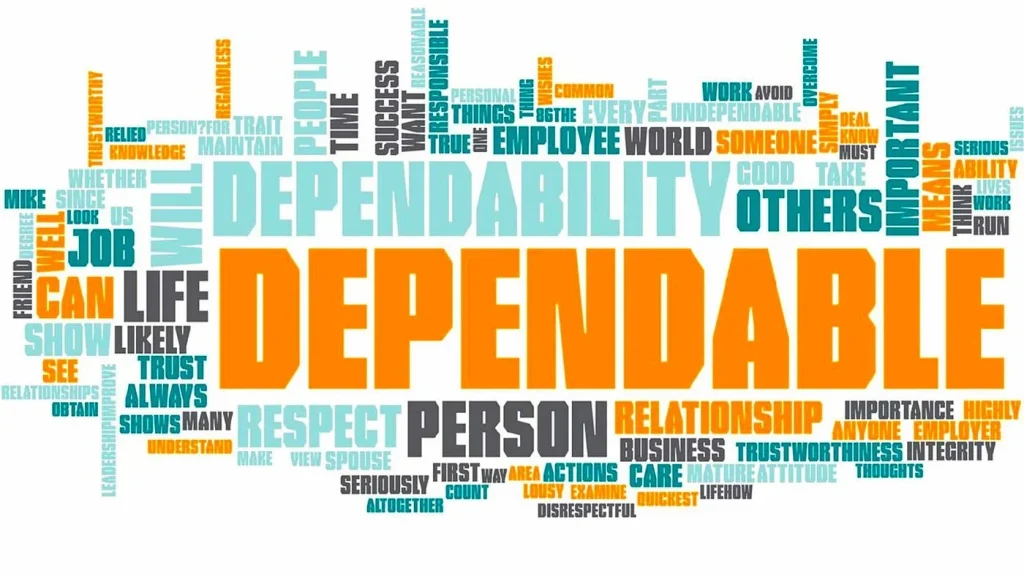
Reliability is a crucial element of trust in friendships. Follow through on promises made and be present for your friends when they rely upon you. It strengthens affection and shows desire to maintain connection with the person who matters most among others.
By constantly being available to help friends, it fosters a sense of trust and reliability that are key features of friendship.
Show Gratitude

It is important to appreciate your friends on a regular basis. Recognize their assistance, rejoice in their achievements and be thankful for their companionship. In friendship, expressing small acts of gratitude can make a huge difference that can last long.
When you show appreciation to them, it signifies the importance of friends and how they have positively impacted your life.
Respect Personal Space
Friends require personal space in order to maintain healthy relationships with each other. Learn and respect the limits and preferences of your friend. Do not force them into uncomfortable situations or allow others to cross these boundaries as well.
Have mutual respect for each other’s personal spaces that will create a sense of safety and trust in any relationship between friends who provide support to one another. Respecting the boundaries helps you build a culture where people are considerate towards each other hence enabling the development of this kind of friendship.
Practice Pardon
Friendship involves occasional misunderstandings or mistakes which are made because nobody is perfect in this world. Therefore, practice forgiving nature by getting past conflicts with each other whenever they happen among ourselves as friends.
While holding grudges may damage bonds forged over time between friends, forgiveness enables such ties to grow stronger thus propelling individual development forward still more.
Just be honest
In any relationship, trust is founded on honesty. Be sincere to your friends even if it’s hard. Open communication helps build trust and respect for each other in a long term.
By being truthful, you make way for open and authentic relations which are important for long-term trust and affiliation.
Stand up for Each Other
Through the thick and thin situations, always be supportive of your friends. Give them motivation when need be and celebrate their achievements as well as being there for them when they are going through trying times .
Mutual support makes bonds stronger thereby making friendships more resilient. Thus, by playing the role of a dependable supporting friend, you contribute greatly towards an enduring friendship.
Carve out time together
Spend some moments with one another in your friendships. Make a point of regularly hanging out either through meeting physically or calling each other on phone or just virtual catch ups too. Show that you put value on the friendship by setting aside time specifically meant for each other and make sure to stick to it always!.
Prioritize your friends’ schedule; this will clearly indicate how much you care about them and will definitely strengthen ties between you all.
Overcoming Challenges in Friendships
Dealing with Misunderstandings
Misunderstandings are very common in any form of relationship between people. Solve it quickly by discussing the matter openly and honestly. Clear communication and active listening can be used to address misunderstandings, thus avoiding escalation.
To confront ambiguities directly assures a continued communication thread that is lucid and respectful, thereby fortifying friendship.
Managing Conflicts
Disagreements are inevitable within friendships. Deal with the disputes with a serene mind frame. Focus on finding solutions instead of allocating blame. Active listening, empathy, and compromise can help resolve conflicts constructively.
By being effective in conflict management you will find challenges that offer opportunities for growth and understanding to a deeper level.
Navigating Changes
Friendships may evolve as circumstances change over time, such as when someone moves to another town or changes jobs. You should be flexible and adaptable during these changes. Maintain regular contact and be open to altering the nature of the relationship so that it adapts to new situations.
By being flexible, you can endure your friendships through various life transitions while maintaining its strength and relevance through those transitions.
Conclusion
Developing strong friendship skills is crucial to building and keeping up with meaningful relationships. In order to improve your social life and build lasting, fulfilling friendships, practice active listening, empathy, communicate clearly, depend on others, show appreciation, honour boundaries, forgive each other as friends or colleagues, be truthful to one another provide support and share time together.
After all the effort put in developing these abilities, one can attain a more intimate association with persons close by.
Frequently asked questions about friendship skill
Why are friendship skills important?
Friendship skills are crucial because they enable individuals to establish and keep meaningful relationships. These abilities such as effective communication; empathy and conflict resolution provide emotional support for improved mental health which contributes in creating sense of belongingness of an individual. Such networks can be built by any person who develops these skills and thus becomes a source of support and enrichment.
How can I improve my friendship skills?
Your friendship skills might be enhanced through active listening practice; showing empathy; speaking out clearly; being dependable; demonstrating gratitude; setting limits; forgiving others as equals; remaining honest with one another among other things. Continuous practicing them in their lives may also involve self-reflection on yourself so that you get better at it all the time.
Can it be learned how to make friends?
Yes, it is possible to learn friendship skills with time. Individuals can improve their ability to relate with others and create strong supportive relations through practice as well as experience. Resources in education like books, workshops and therapy also offer useful ideas and means for developing friendship skills.
How do I solve conflicts in friendships?
Conflicts are handled by peacefully approaching the situation. Practice active listening, empathy and compromise for both parties’ benefit. Solve them immediately they arise so that they don’t escalate further.

Russell F. Jones, holding a Master in psychology from the University of Florida. He writes for Smart Parent Solutions, offering practical advice on parenting and child development. His engaging content helps parents navigate family life with confidence and ease. Russell enjoys sharing his knowledge and spending quality time with his family.
